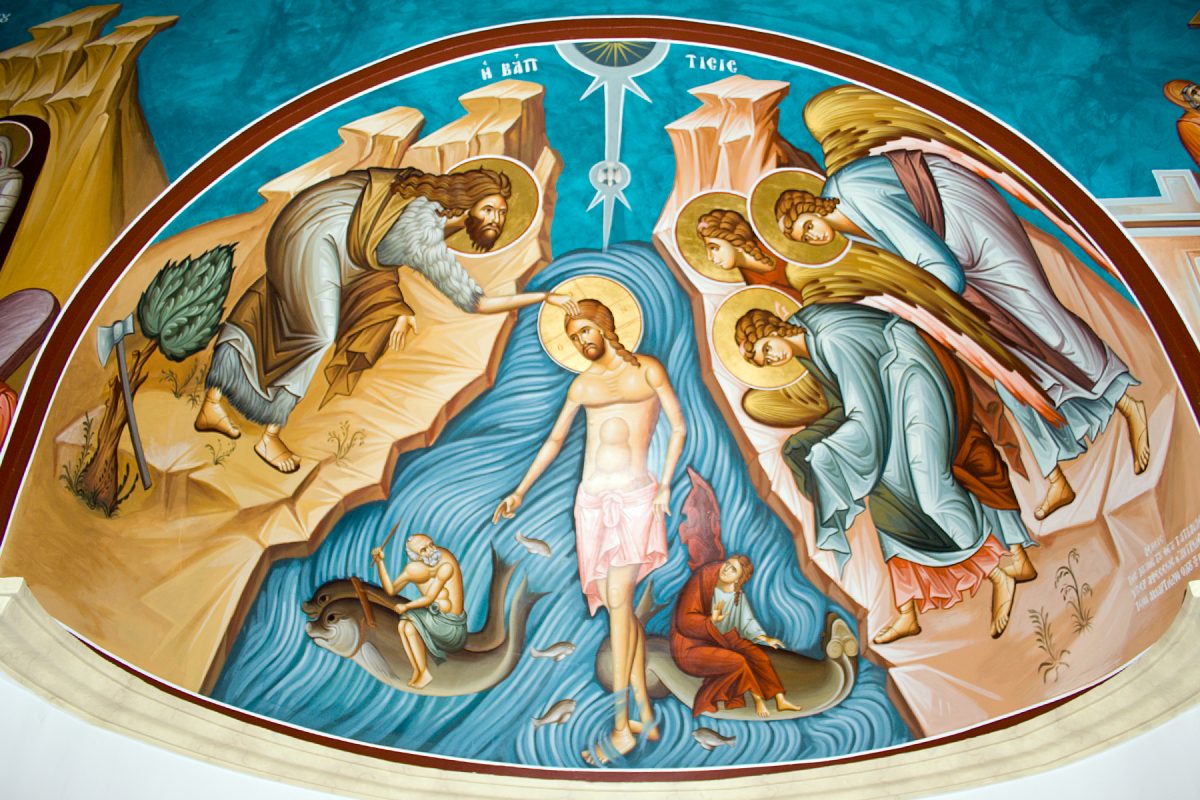Epiphany in Greece: Celebrating a Unique Greek Holiday Tradition

Epiphany, a significant Greek holiday, marks a remarkable blend of religious significance and cultural festivity.
In this article, we will embark on a captivating journey through the traditions and celebrations of Epiphany in Greece, uncovering the rich tapestry of this beloved Greek holiday and its profound cultural significance.
Intricately woven into the fabric of Greek culture, Epiphany, or ‚Theophania‘ as known locally, offers a unique insight into the traditions that shape Greece’s rich heritage.
The Historical Roots of Epiphany in Greek Culture
Centuries ago, Epiphany in Greece transcended mere religious observance, symbolizing a deeper spiritual awakening. Originating from Christian beliefs, this Greek holiday commemorates the baptism of Jesus Christ, intertwining ancient customs with religious rites, and illustrating the seamless blend of the past and the present in Greek culture.

